Do Siblings Cats Mate? Will It Result in Problematic Inbreeding?
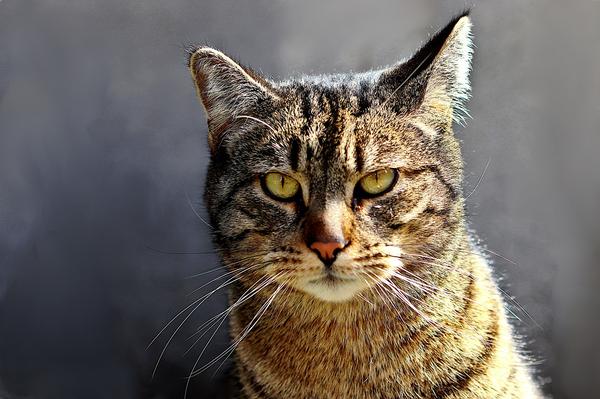
Are you worried sick about your feline siblings' close relationship?
Wondering if there's something more than just family bonding going on? 😮
I understand!
But hold on tight, my curious friend, because we're about to dive into this mysterious cat connection together.
Let's uncover the secrets, shall we?
Why Do Cats Mate With Their Siblings?
Cats mate with their siblings because they don't view incest as morally wrong. It's a way for them to fulfill their strong reproductive instincts and preserve desirable traits like hunting skills and disease resistance.
Sibling mating is a common occurrence in the cat world. Don't be too quick to judge, cats aren't like humans when it comes to love.
They don't consider incest as a moral issue, so they mate with their siblings without hesitation.
Why do they do it?
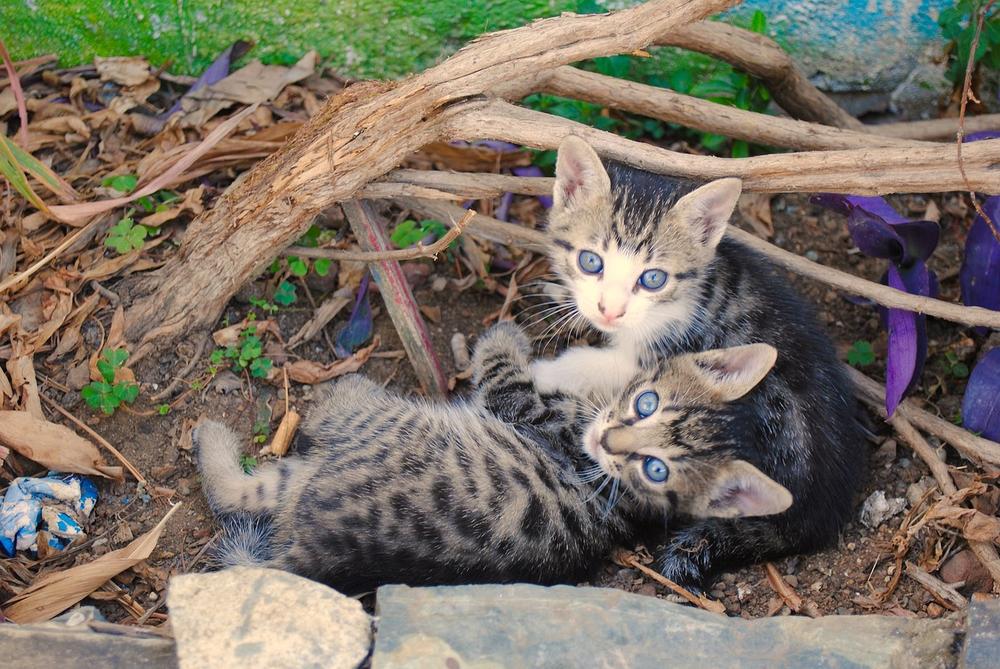
It's all about fulfilling those strong reproductive instincts and carrying on their bloodline. Sometimes, any cat nearby becomes fair game, whether it's a sibling, parent, or even offspring.
But don't worry, it's not as weird as it sounds.
Sibling mating actually helps perpetuate desirable traits such as hunting skills and disease resistance.
That's why cats living together in colonies often engage in this behavior. Of course, if unrelated mates are available, feral cats would prefer them. But when nature calls, you can't be too choosy.
So, next time you witness cats engaging in these activities, just remember that it's all part of their natural instincts and reproductive cycles.
Can Brother and Sister Cat Have Kittens?
Breeding between brother and sister cats is a topic we'll be exploring today.
You should understand that contrary to popular belief, cats do not possess an innate recognition system for siblings.
This means that if given no other options, they can indeed mate with their siblings.
Female cats enter their fertile zone at the young age of around 4 months, which enables them to have their own kittens as early as 6 months old.
This rapid reproduction is quite impressive.
However, there are potential consequences to breeding between siblings.
When siblings mate, there is a higher likelihood of passing on specific traits or physical characteristics from their lineage.
Breeders may find this advantageous when aiming to maintain certain attributes in their offspring.
On the other hand, inbreeding increases the risk of health issues in the kittens.
Malnutrition and survival difficulties are commonly observed outcomes of inbreeding, something no one desires.
Interestingly, male cats can become fathers at a surprisingly young age. 😺
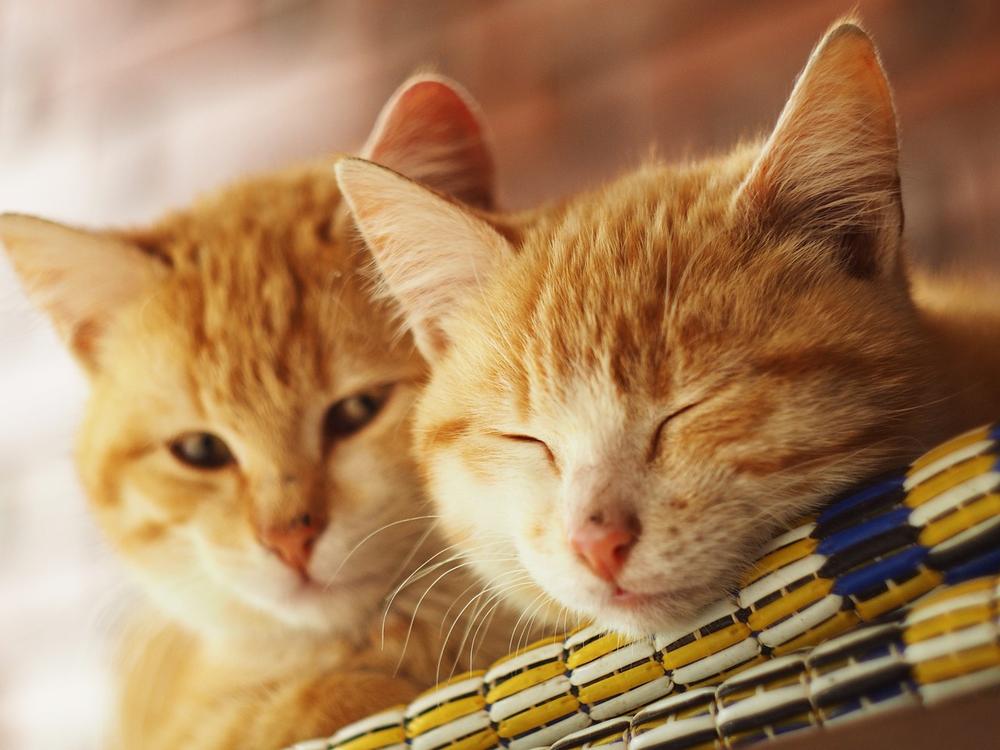
They are capable of impregnating female kittens long before you would expect it. If both siblings have alternative mates available, the chances of mating with each other decrease.
However, in indoor cats with limited options, anything can occur.
To provide some perspective, cats experience their first heat between the ages of 4 and 6 months. Moreover, they can go into heat every 2 to 3 weeks throughout the entire year.
It seems like they never have a break from their busy reproductive schedule!
Females typically reach sexual maturity by the age of 5 to 9 months, while males achieve sexual maturity between 9 and 12 months.
So, if siblings do end up mating, you can anticipate the arrival of adorable little furballs.
And now, you may be wondering:
What are the potential consequences of inbreeding between siblings?
Well, let me tell you, this is where things get interesting!
In the next section, we'll delve deeper into the intensified expression of recessive genes and the increased likelihood of genetic abnormalities.
Trust me, you don't want to miss out on this eye-opening information.
Let's dive right in!
What Happens if Cats From the Same Litter Mate?
Breeding cats from the same litter can lead to genetic problems, masking themselves until offspring appear.
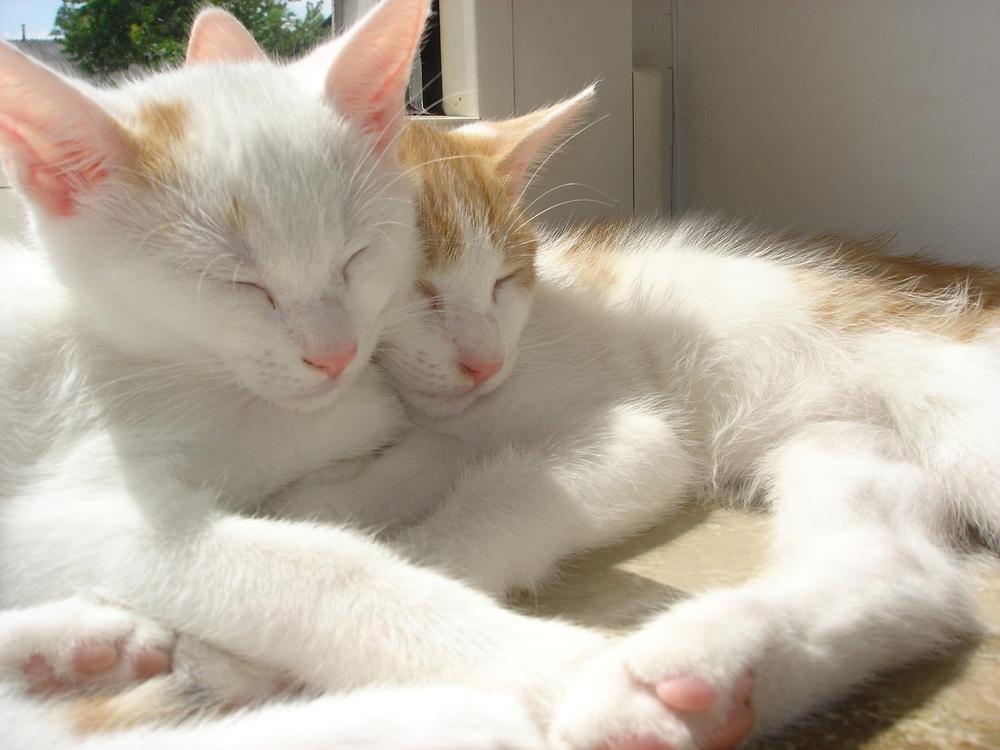
Incestuous mating heightens recessive gene expression, doubling the chance of abnormal traits.
Female siblings love variety and may sleep with multiple partners, so it's harder to spot inbreeding. Thus, hidden genetic abnormalities persist among felines.
What Happens When Sibling Cats Mate?
| Questions About Sibling Cats Mating | Answers |
|---|---|
| Are sibling cats more likely to mate with each other? | Yes, sibling cats are more likely to mate with each other. |
| Why do sibling cats mate? | Sibling cats may mate due to familiarity and proximity. |
| What are the risks of sibling cats mating? | Sibling cats mating can result in genetic defects and health problems. |
| Can sibling cats be separated to prevent mating? | Yes, separating sibling cats can help prevent mating. |
| What are the consequences of sibling cats mating? | The consequences of sibling cats mating include potential health issues for the offspring. |
| How can sibling cats be prevented from mating? | Spaying or neutering sibling cats at an early age can prevent mating. |
| Are there any exceptions where sibling cats can safely mate? | In controlled breeding programs, sibling cats may be bred under strict supervision. |
| Is it possible for sibling cats to have healthy offspring? | While rare, healthy offspring from sibling cats can occur. |
| What should be done if sibling cats have already mated? | Consulting with a veterinarian is advisable if sibling cats have mated. |
| How can the risks of sibling cats mating be minimized? | Spaying or neutering sibling cats and keeping them separated can minimize the risks. |
Sibling cats can mate and produce offspring, but you need to keep something in mind.
Inbreeding is a slippery slope, my friend.
When sibling cats mate, it increases the risk of genetic defects and health problems. And that's no good for anyone.
Usually, feral cats face this issue more often. They're isolated from the outside world and not spayed or neutered early on (which would have prevented all this trouble in the first place).
Around 4 months old, cats reach reproductive maturity.
That's when their behavior towards each other changes because they go into heat. It's gettin' spicy up in here!
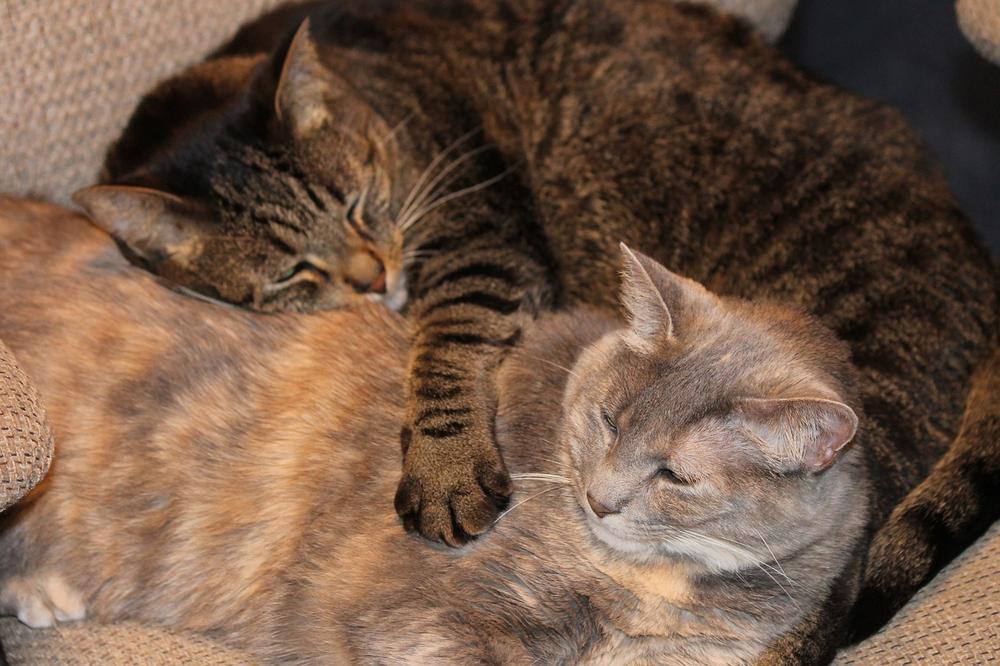
Now, if you've got siblings cats kept in isolation or neglected when it comes to being spayed or neutered, you'll observe these unique mating behaviors.
That's key to note because once they mate, risks start piling up.
Avoid this headache by keeping your cats separated or getting them fixed early on.
Trust me, it saves tons of potential problems in the long run.
There are enough cats out there without homes. Think before you let sibling cats mate, my friend.
"And if you're wondering what happens if a pregnant cat tries to mate again, I have the answers for you in my blog post titled Can a Pregnant Cat Mate Again.
Discover the surprising truth behind this intriguing question and learn how it can affect your furry feline.
Don't miss out on this valuable insight that could help put your concerns to rest
Dangers and Devastating Effects of Inbreeding in Cats
Inbreeding in cats is a serious matter, my friend. It has potential consequences for those adorable siblings.
When cats mate with their siblings, there's a higher chance of inherited disorders and deformities in their kittens. That's something you don't want to mess with.
The mortality rates among these offspring skyrocket.
It's truly heartbreaking. They can experience complications, genetic defects, health issues, and physical deformities.
Their immune systems may be weak, causing fertility problems and smaller litters. The mortality rates increase, along with neonatal illnesses and behavioral problems. It's a complete disaster.
These risks include everything from genetic malfunctions to growth defects, unresponsive vital organs, and congenital abnormalities.
Unborn litters can also have fatal defects.
But wait, there's more.
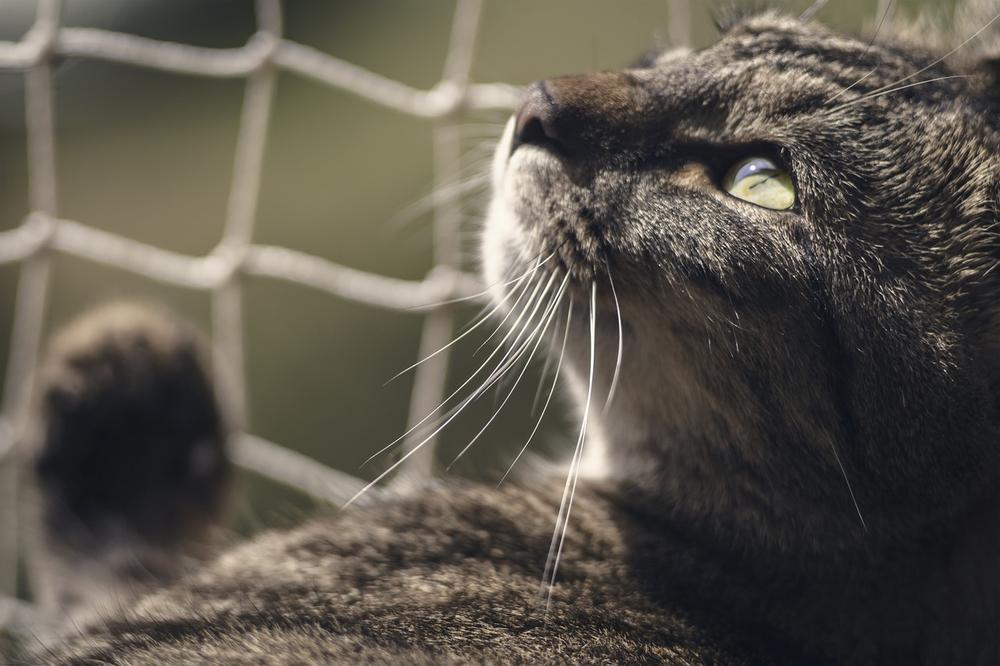
Overbreeding symptoms manifest as small litter sizes, misaligned jaws, crooked noses, uneven eyes, teeth/mouth defects, low fertility in female cats, immune deficiencies, and even infant cancers.
It's like a horror show, I tell you! 😱
Now, animals don't understand incest the way humans do.
They lack that knowledge.
So it's our responsibility to safeguard them from the disastrous effects of inbreeding.
Just think about it:
High mortality rates, lifelong problems, reduced fertility... It's simply not worth it. Sadly, abandoned or sheltered kittens often suffer the consequences of inbreeding.
That's why spreading awareness and educating ourselves on proper care for our feline friends is crucial.
Let's break this cycle, my friend.
Let's give these kittens a fighting chance at a better life.
Understanding Line Breeding
Line breeding is a go-to method for pros who want to keep those desirable traits intact in purebred lines, all while cutting down on the threats associated with mating close kin. And how do they do it, you ask?
Well, they pair up far-off relatives who still come from that same ancestral background — siblings or second-degree cousins, to name a couple.
You'll find line breeding in action most often in cat circles, where half-siblings get cozy with each other.
They're looking to dodge problems that may arisefrom going full-on family reunion, but don't think it's foolproof...
The risks of inherited disorders still matter even when line breeding comes into play.
That said, industry insiders sing the praises of line breeding for a valid reason. By using this approach, professional breeders can help their beloved breeds maintain their mojo and take down that genetic decline another notch.
So, line breeding offers both convenience and effectiveness if you're trying to preserve specific attributes in your pedigreed pals.
And it gets better...
There are simple and effective ways to prevent sibling mating among cats, reducing potential risks and ensuring a healthier and happier feline family.
So, how can you go about minimizing the chances of sibling mating?
Let's find out:
How to Prevent Sibling Mating in Cats?
To ensure your cats don't mate with their siblings, here's what you should do:
- Get your cats fixed: This is the best way to stop them from mating. Have them neutered or spayed when they're between 4 and 6 months old.
- Give them separate litterboxes: Each cat needs their own litterbox to avoid any accidental breeding.
- Make sure they have enough space: Give each cat their own sleeping area and hiding spots so they have enough room to themselves.
- Use individual food and water dishes: Don't let them share these things because it can lead to competition and potential breeding behavior.
- Keep them apart during mating season: If your cats aren't fixed or if the females are in heat, keep them away from their siblings to avoid any opportunities for mating.
- Choose same-gender siblings: When adopting cats from the same litter, it's best to pick ones of the same gender to minimize the chances of them mating.
- Watch intact cats closely: If you haven't gotten your cats fixed yet, pay attention to their behavior once they reach sexual maturity.
By adhering to these instructions, you can significantly reduce the likelihood of siblings reproducing and guarantee the well-being and contentment of your felines and their offspring.
Summing it up
Key Takeaways:
- Cats do not have reservations about mating with their siblings due to their strong reproductive drive and instinctual behavior.
- Sibling cats can mate once they reach their respective reproductive cycles, which can occur as early as 4 months old.
- Inbreeding between sibling cats may not be easily detectable until the kittens are born.
- Inbreeding in cats can result in genetic defects, health issues, fertility problems, and increased mortality rates among offspring.
- Line breeding, such as mating distant siblings or second-degree relatives, can help minimize risks in purebred lines but does not eliminate them entirely.
- Preventing sibling mating in cats is crucial to reduce potential risks. Neutering or spaying between 4 and 6 months of age is recommended, and selecting same-sex cats from the same litter can help prevent mating.
And that wraps up today's article.
If you wish to read more of my useful articles, I recommend you check out some of these: Why Do Cats Purr When You Pet Them, Can Cats Find Their Way Home After Rain, Why Do Cats Purr When You Talk to Them, Do Cats Purr When Stressed, and Where Do Cats Sleep Outside at Night
Talk soon,
-Sarah Davis